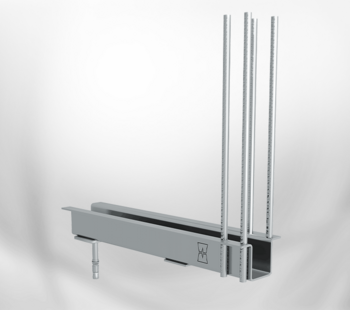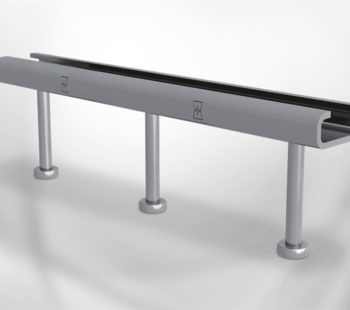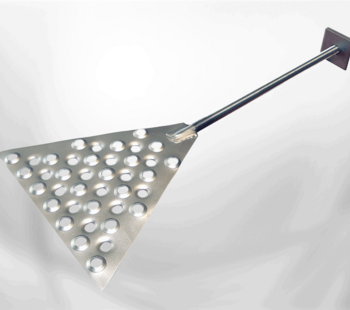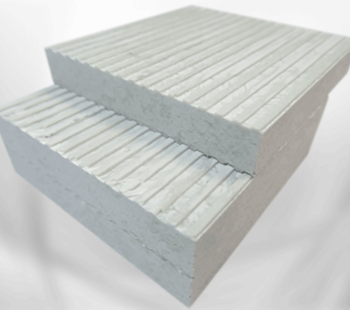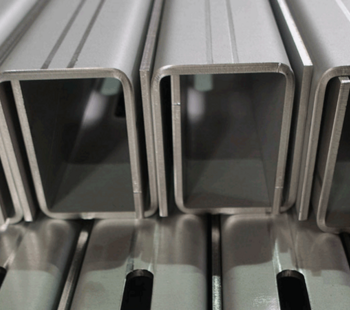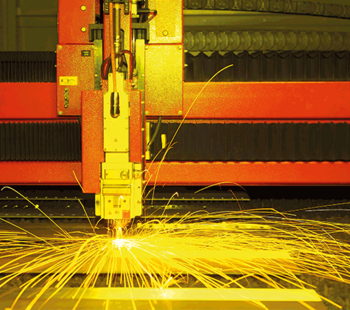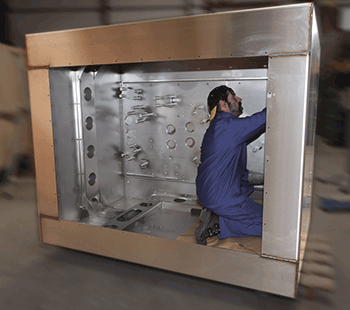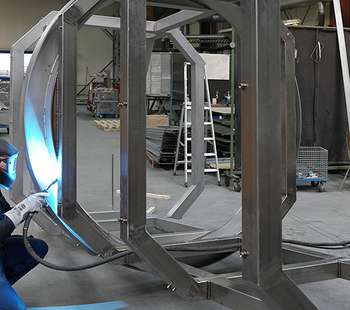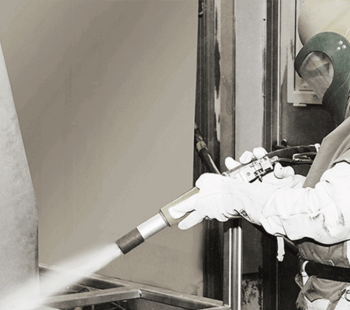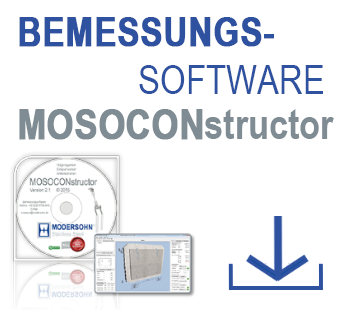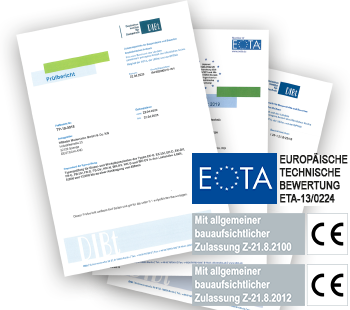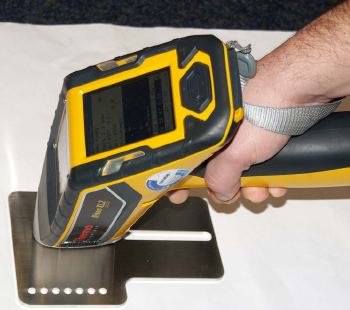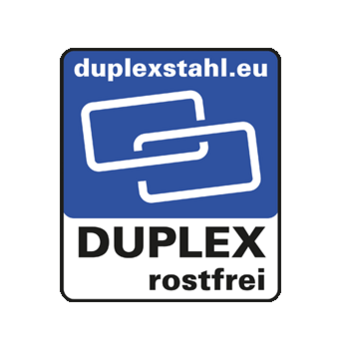- Construction
- Industry
- References
- Our Services
- Worth knowing
In 2002, Wilhelm Modersohn became aware of the SAF2304 (1.4362) material through Avesta in Sweden. In 2003 Modersohn introduced the first Lean Duplex steel for system products in the German market for fastening systems.
- Downloads
- Company

As an independent representative of fastening systems from the company Lutz from Wertheim, Wilhelm Modersohn sen. had recognised early on that there was a great demand in the market for fastenings in the area of masonry facades. In March 1970, he and two employees founded the company, which today has over 140 employees.
Surface treatment
General rules for surface cleaning
- Always wipe in the direction of the finish, not transversely.
Work in overlapping strokes from top to bottom. - Do not use scouring pads or hard objects to remove stubborn dirt.
- Do not use chlorinated cleaners, bleach or strong acids (for example, limescale remover).
- Rinse detergent with plenty of fresh water. Wipe dry if possible.
- Always use fresh water from the tap or the water pipes for cleaning.
In no case should water from swimming pools or used water from collecting pots be used.
MEASURES AGAINST RUSTING DUE TO SUBEQUENT INFLUENCES*
- Strong ferritic flying spark burns which have deeply penetrated the surface must be removed mechanically or abraded.
- If the penetration of ferritic particles or scale is fine and superficial a pickling agent can be used to refinish.
- Rust bloom, extensive light brown stains, such as occur when diluted reducing acids (hydrochloric acid / sulfuric acid)are wrongly used on the surface and cannot be rinsed off immediately or thoroughly. In such cases one should attempt cleaning with an oxidizing acid (nitric acid/phosphoric acid) first.
- For oils, greases, organic dirt,please use alcohol to clean, for example, ethyl alcohol, isopropyl alcohol, or solvents such as acetone. Special biological cleaners are possible!
- For limescale, chalky deposits, cement and mortar splashes use cleansing milk products with calcium carbonate additives. For larger impurities a 10-15% phosphoric acid solution is recommended. A diluted vinegar solution in the ratio 1:3 with tap water can be used. Do not use scouring powder!
- Graffiti and other paints, please remove with special alkaline or solvent-based cleaners. Do not use hard scrapers or knives!
- Strongly neglected surfaces, dulled surfaces,require polishing pastes as also used for chrome parts on vehicles to bring the shine back.
* not for inherent material defects
Recommended cleaning utensils
- Damp cloth or leather
- For stubborn dirt: nylon sponges (but not on bright annealed or polished surfaces)
- Soft nylon brushes
- High-pressure cleaner (caution is advised because of sheet thickness which must not bulge due to high water jet pressure and for sharp dirt with respect to the danger of scratches!)
- Demineralized water to prevent limescale rims during rinsing.
ATTENTION!
Following cleaners should not be used:
- Chlorine/hydrochloric acid-containing cleaners
- hypochlorite bleaches and disinfectants (Javel water)
- silver polish
Are you planning a project?We accompany you with our digital project upload.
With our project upload we receive your project data for checking or processing. At the same time we will open a project folder with us - free of charge, of course - and will be available to answer your questions and comments. In this way, you and we can be sure that your enquiry reaches the right expert.
